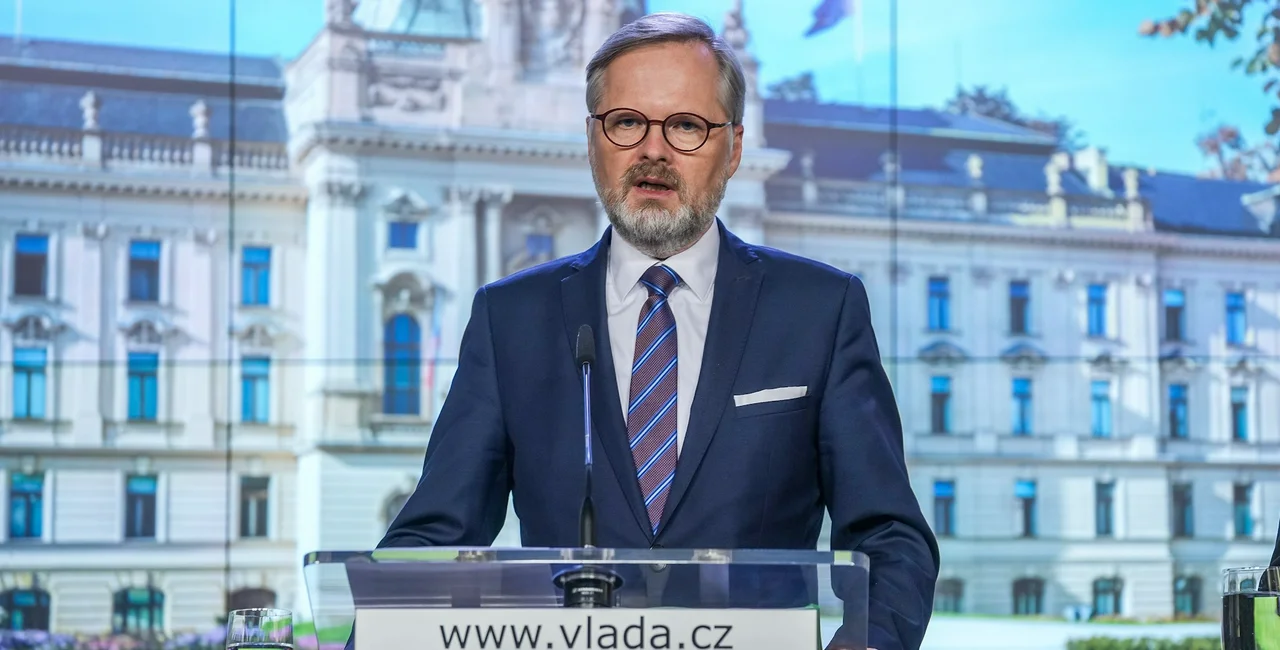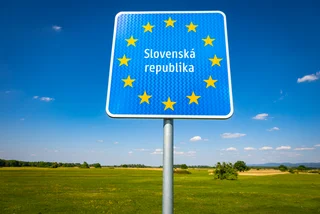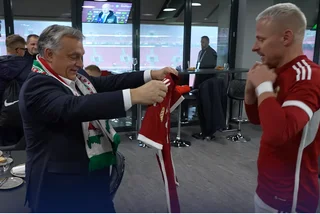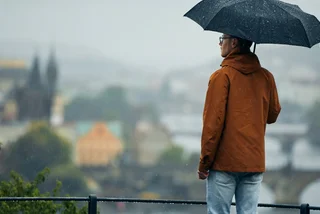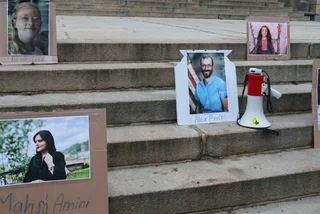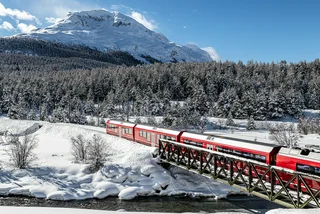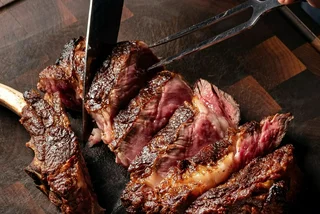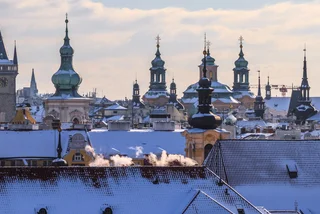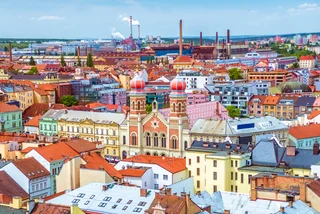The prime ministers of the Visegrád Group – Czechia, Slovakia, Poland, and Hungary – are meeting today in Slovakia to discuss various pressing topics, such as the Russia-Ukraine war and the issue of immigration.
Czechs and Slovaks at odds over border checks
"We can talk very openly about unpleasant topics,” were the words of Czech Prime Minister Petr Fiala a few days ago, ČTK reports. One of these is the issue of border controls.
PARTNER ARTICLE
Czechia’s decision to introduce the checks on the Slovakia-Czechia border – due to rising immigration from people of mainly Middle Eastern origin – sparked tensions between the neighbors, culminating in Slovak truck drivers blocking a Czech-Slovak highway in protest last month. Slovak Prime Minister Eduard Heger believes that the checks are unjust and economically costly for Slovakia, claiming that the border controls violate EU law.
More than 8,500 illegal immigrants (about 100 every day) have attempted to cross the border from Slovakia to Czechia since the end of September, when the border checks had been first introduced. The checks are in place until Dec. 12, but will likely be extended after this. Between January and August, the number of refugees using Czechia as a transit country was about 3,650, according to iRozhlas.cz.
Czech Interior Minister Vít Rakušan, a strong advocate of the border checks, wants them to continue because of their results. The number of migrants arriving in the Czech Republic has decreased since the checks were put in place, Rakušan says, with “hundreds of arrests per day.”
Právě odlétám do Košic na summit premiérů V4.
— Petr Fiala (@P_Fiala) November 24, 2022
Budeme jednat o dopadech války na UkrajinÄ›, energetické situaci v EvropÄ›, energetické bezpeÄnosti a také opatÅ™enÃch proti nelegálnà migraci. pic.twitter.com/Rvv1XXIvnD
Getting Orbán's Hungary under control
Fiala also plans to confront Hungarian Prime Minister Viktor Orbán on his foreign policy views. Orbán has previously been accused by other EU leaders of being overly sympathetic to Russian President Vladimir Putin, shying away from sanctions against Moscow over the war in Ukraine. The Czech prime minister has said that Hungary’s currently negative and obstructive attitudes are affecting the harmony of the Visegrád Group.
Fiala said today that the Visegrád Group states may be able to negotiate joint purchases of gas, which "are advantageous for states that have no access to sea," ČTk reports.
The Czech prime minister's goal is to get rid of the dependence on fossil fuels from Russia. All Central European states must, according to Fiala, also focus on the development of renewable sources of energy.
Orbán’s recent decision to wear a scarf depicting “Greater Hungary,” which showed the former, large territory of Hungary before the 1920 Treaty of Trianon, will likely be a talking point for members of the Visegrád Group. He was pictured with a Slovak scarf at today's meeting.
I’ve welcome HU PM Viktor #Orban to #V4 summit in #Kosice and as winter is approaching gave him a new #scarf #scarfgate. pic.twitter.com/zXVrRxWWim
— Eduard Heger (@eduardheger) November 24, 2022
Fiala expressed a goal to “do everything to maintain the unity of the EU”; today’s summit will be an opportunity to work toward this.












 Reading time: 2 minutes
Reading time: 2 minutes 